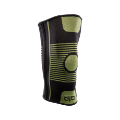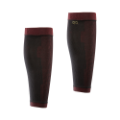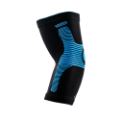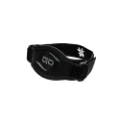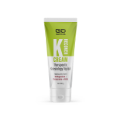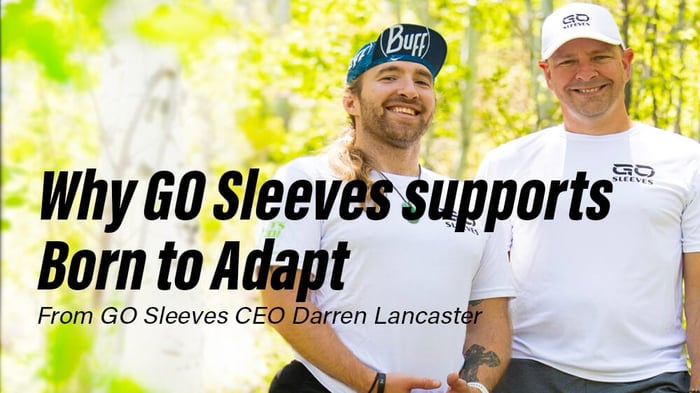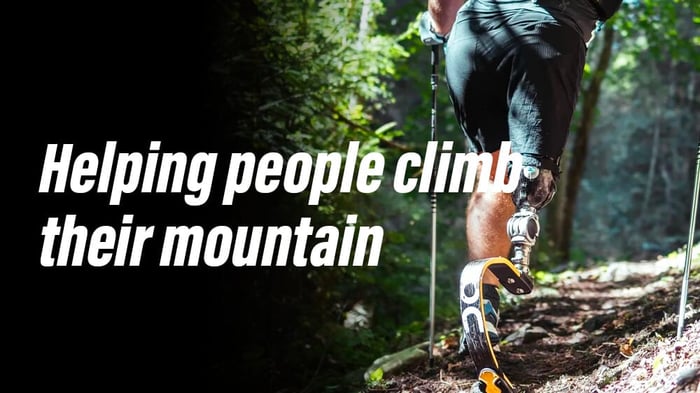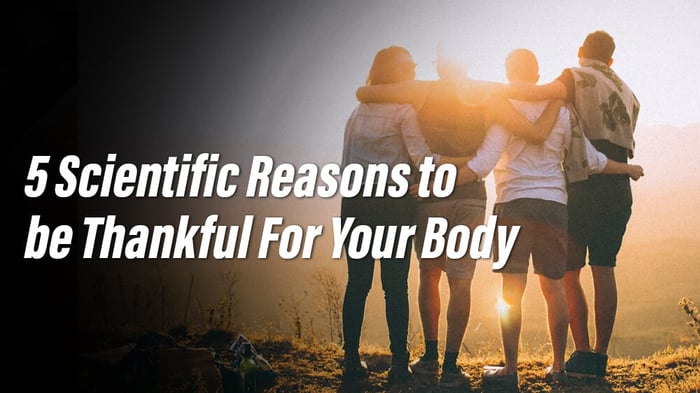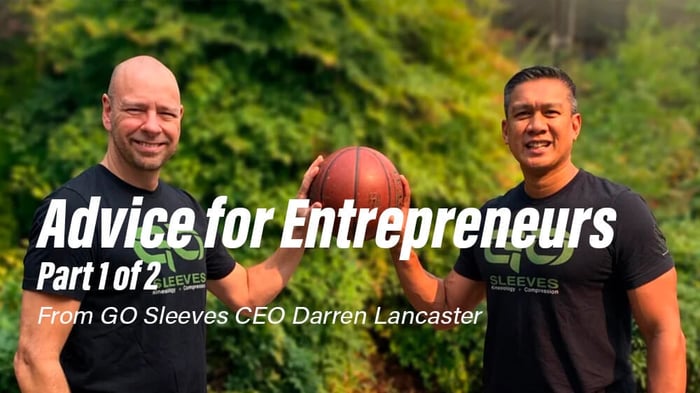Why GO Sleeves supports Born to Adapt
You may have recently seen the premiere of the Born to Adapt Documentary Film. This project holds a special place in my heart and I wanted to share why.
My legs are independently ready to meet any trail, hike, walk, run or epic goal I may have in mind. With proper coaching and training, these legs could do marathons, climbs, or 100+ mile runs. But if you really think about it, I am just one random accident away from having 1 or 2 completely different legs that are not necessarily ready to meet my ambitions.
This is not the case for everyone. GO Sleeves athlete Zachary Friedley was born without his right leg (from above the knee down) and some adaptations to his right hand and fingers. However, this has not stopped him from taking trail running head-on. He fell in love with the sport, as so many do, when he attended his first Ultramarathon: Born To Run 2019. Zachary is devoted to creating more inclusivity among the trail running community and hopes to inspire other adaptive athletes to connect to their bodies through movement. 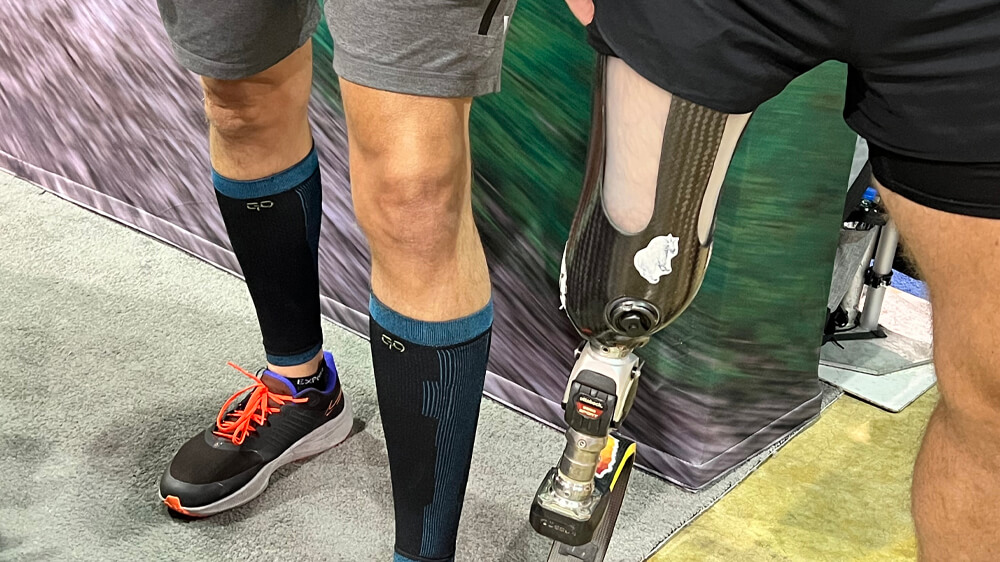
My legs would need help to adapt themselves to match up to the situation or terrain I would want to conquer. Without that help I wouldn’t be able to enjoy the trails or sights that are so easily acceptable to me today and every day. Working with Zach has helped remind me and the entire GO Sleeves team of the importance of our mission:
Our mission at GO Sleeves is to keep everybody in motion. And that means everybody. We’re proud to partner with Born to Adapt to bring exposure and opportunity to a more diverse set of bodies and athletes – than we could alone.
Zachary Friedley’s mission is to provide the help and access required for anyone who may need it, which is why he created Born To Adapt, an adaptive-athlete-specific trail running event. He has a big-time plan and an amazing vision for creating more inclusion for adaptive athletes. That’s why the team at GO Sleeves wanted to document Zachary’s mission and first-ever Born to Adapt event, which was held at the Born To Run Ultramarathon in Los Olivos, CA this past April. We sponsored the event and now donate $1 from every order on our website to help sponsor future Born to Adapt athletes.
Please check out the Born to Adapt documentary on our website and help us ensure that you or anyone you may know has access to the help they need to adapt, now or in the future.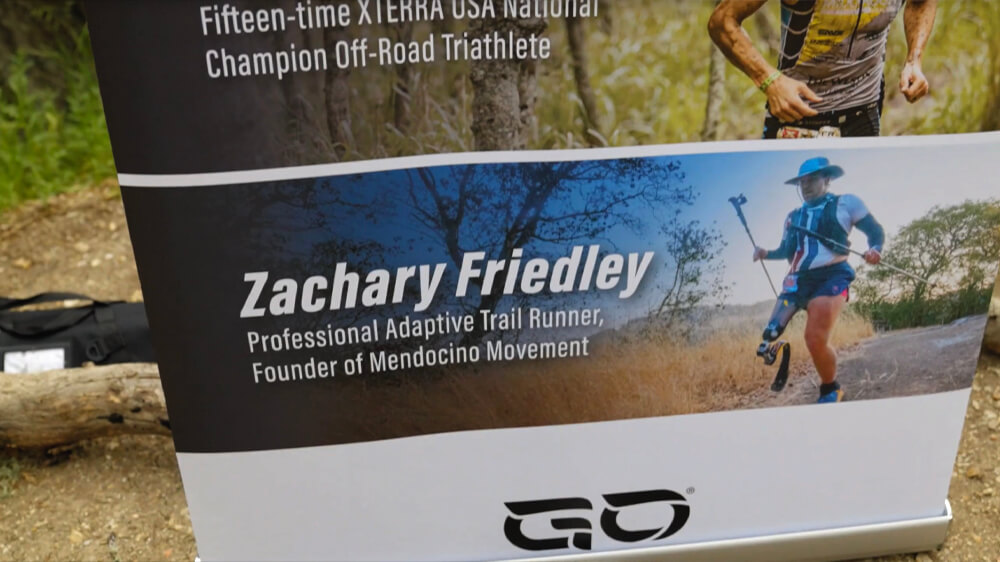
I recently spoke with Zachary about his thoughts on the partnership and how recovery is a part of his goal to race in a UTMB event as an adaptive runner: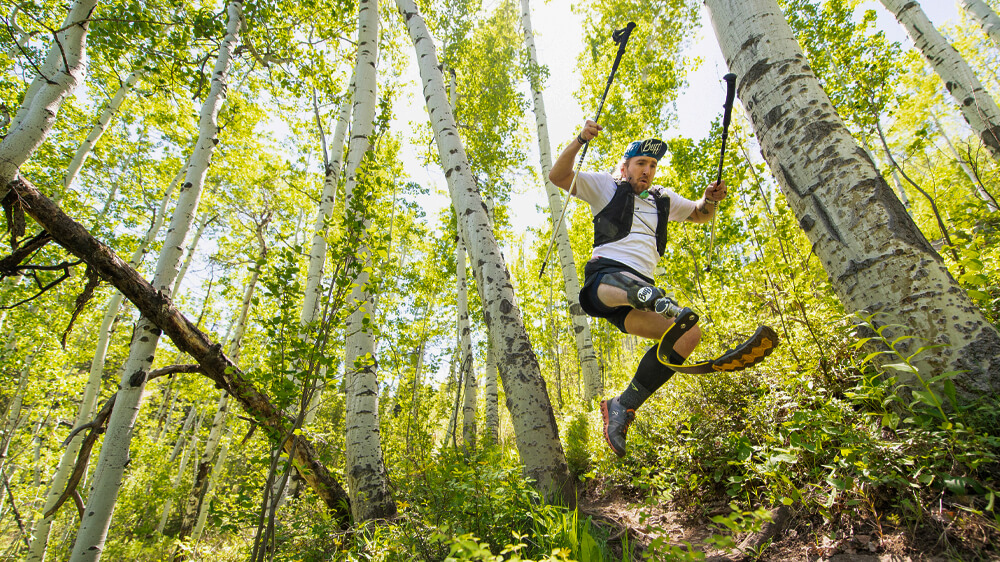
Zachary:
You know, as far as running goes – the recovery part is humongous. Without recovery systems, in place, my body can't push itself over and over again. I'm asking a lot of my body. So to dial in my nutrition, my strength plan – all of it – there are so many pieces that have to be in place in order for me to go to a UTMB and be successful.
GO Sleeves products are about recovery and that is my big challenge – How can I recover the best to go out and train the hardest? This is a new thing for me in the last 24 months. Before, we never really talked about recovery. It was all “What are you training? How are you training? How hard are you pushing?”
Working with my coach, Chris Palmquist, she kind of flipped the switch on me and said, all right, we can train hard. We can talk about training hard all day, but none of that happens without a healthy body. So how are we recovering? How are we, you know, implementing these things that are gonna help you? I've been learning a lot as I go.
Darren:
From what I've seen, especially for full-time athletes like yourself, there's been a lot of acceleration of knowledge and new practices. It's not just simple RICE (Rest - Ice - Compress - Elevate) thinking anymore. There's so much more in the recovery practice. Athletes are trying to maximize recovery so that they can maximize the aggressiveness and specificity of what the training session looks like. I think all this focus on recovery is just on a completely new level.
Zachary:
When I'm training, it's not about a grind. It's about: How do we preserve our body? How do we make our bodies healthy? What kind of things can we do when we're not training to make sure when we do train we're training with a healthy body. That never used to be the mindset. I don't think anybody ever really talked to me about that growing up.
Now you're seeing these places pop up all over that offer stuff like cryotherapy and all these different systems. And you know, these are all places people go to recover. Those weren't really available in the past to the main public – maybe the Olympic athletes were doing it at the Olympic training center, but they weren’t available for the main population. I think now these practices are part of what you have to do in order to be consistently successful at a high level.
I have these same conversations with my mom, who's not even an athlete. She's 57 years old, her body's starting to hurt and I've been sharing the things that I've learned about recovery with her because they also work to help everyday people. We all as a civilization, somehow have pain and different joints and different things, but nobody really talks much about recovery systems. You go to the doctor and you're like, “my knee hurts.” Maybe they give you a pill for it instead of maybe looking at how your body's moving or asking how you are taking care of it.
It doesn't take a lot. I mean it could take 10 minutes a day of doing something that you haven't done before to feel a little bit better. I think recovery is not just for elite-level athletes, it’s for all people that are working nine to five or retired, every human being could have a bit more knowledge about the subject.
Darren:
I'd say that for us, as a core value behind GO Sleeves, affordability – both in time and money – was definitely one of the premier motivational aspects behind reusability and bringing kinesiology technology to people that would normally need a physical therapist or an athletic trainer to help with these practices. We wanted to make our products affordable and simple enough for regular people to just incorporate into their normal lives. We didn’t want people to give up on recovery just because they didn’t have time.
Zachary:
Totally. I've been taped in the past, but I remember the time it took and I was like, okay, this is great, but how am I gonna get this tape person in my life every day? I don't know how to do this. So now, to have GO Sleeves as a tool literally with me everywhere I go has been huge. They’re in my backpack, which I have with me everywhere I go.
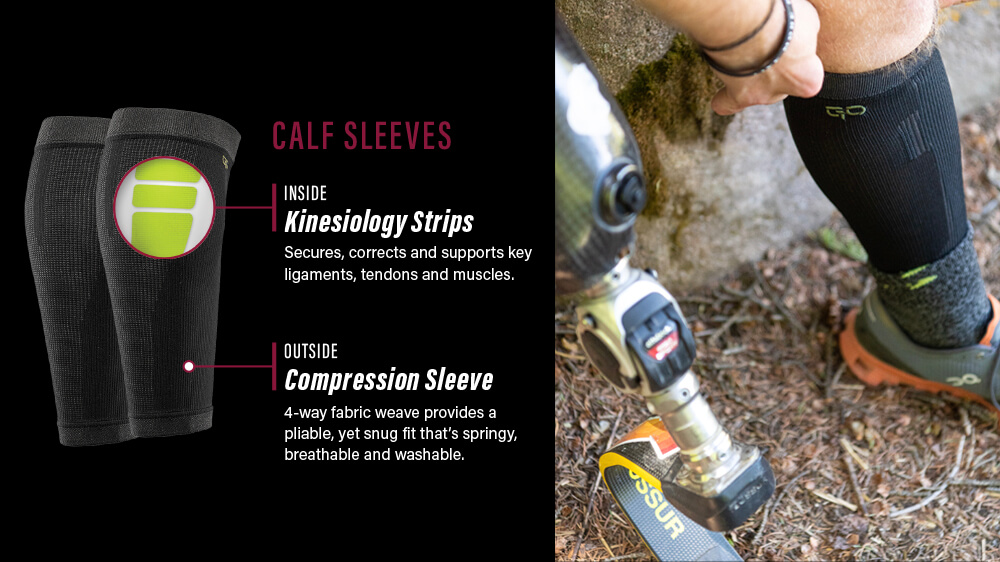
I know that I have my GO Sleeves available to me as soon as I get done with a run. They're just very easy to transport. Very convenient. I also have those big air compression pants, but I can't take those with me. Those are good for home, but I'm on the road a lot. I travel a lot and I work out and run when I'm on the road. It's nice knowing I have something with me everywhere I go. It makes me feel prepared.
10/28/22 Update: Zach's journey at UTMB was documented in the short film, "Trail Blader," by ON Running. You can learn more and watch the documentary here.
